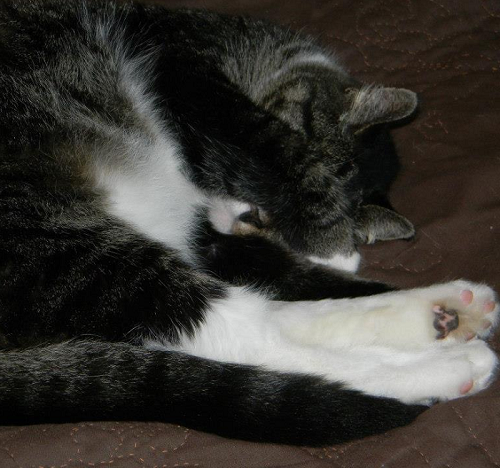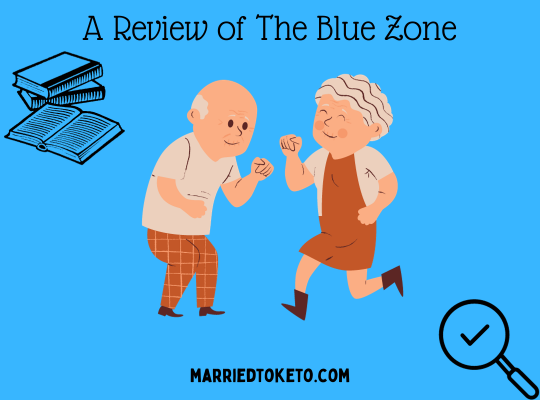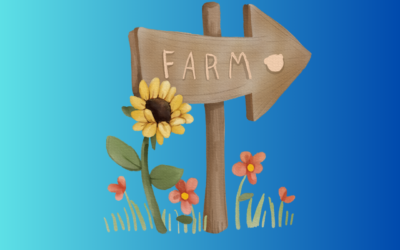Bill and I are always looking for new documentaries on keto-related topics. When we were looking through Netflix, we came across the docuseries Blue Zone. The description said that it looked at places around the globe where people live longer than the average population. Well, that sounded interesting. Is it people who eat keto? People who eat more carbs? How would this factor into our belief system of eating? Here’s what we found out.
What is a Blue Zone?
A blue zone is regions of the world where people live consistently to the age of 100. They live, on average, longer than the average population. This research was first published in 2004 by Gianni Pes and Michel Poulain. But, it became famous by Dan Buettner who, in partnership with National Geographic, visited 5 areas that are blue zones. They were places in Greece, Italy, Japan, Costa Rica, and California.
The Factors in a Blue Zone
So, Dan Buettner looked at several factors that might influence the longevity of life in these areas. They included social networks, healthy habits, diet, and spirituality. Every region was a bit different, but they all shared some qualities in relation to these factors. It was fascinating and we binge watched the first couple of episodes. What was the secret? Or was it a combination of factors?
So, to me, the most fascinating (because I was a Sociology major) was the social networks. People were strong in their communities and they looked out for each other. The younger generation looked after the older generation with respect. They felt honoured to be the ones to help their elders. As someone who has seen my elders lose a sense of purpose as they age, this hit home to me. As the people aged, they shared the stories and wisdom to the younger generation. They still had a sense of purpose.
Healthy Lifestyles in the Blue Zone
Another topic was, of course, what each community ate and their healthy habits. One thing that struck me was that people didn’t have 9-5 jobs in these areas. They didn’t go grocery shopping for their meals or pick up McDonalds on the way home. People worked to live. They were shepherds, or bakers. Some areas did exercise specifically to keep their bodies strong, but mostly they had exercise built into their everyday lives. They walked uphill everyday and they kneaded the bread every day. They worked until they physically couldn’t anymore.

There It Is
Then, about halfway through the second episode, we started getting Dan Buettner’s purpose behind this docuseries. We got his agenda. He pointed out that all of these communities ate a primarily plant-based diet. His goal was to show that plant-based eating is the way to healthy living and living a longer life. I’ll be honest, we kind of lost interest in the show after that. Not because we eat keto, which is the opposite of a primarily plant diet. Everyone can have their own opinions. It was because he started focusing on that and ignoring all the other factors the people were telling him.
Does Keto Disqualify You from Living to 100?
So, if plant-based eating is the key to living to 100, does that mean we’re doomed? I don’t think so. There were so many other similarities to how the people in the blue zones ate. They made their own food. They grew it, they cooked it, and they ate it. There were no added sugars, no unnatural preservatives, and no chemicals in their food. To me, that was the point. Sure, they ate legumes and breads, and other things I don’t eat. But they were all homemade. They preserved foods with natural ingredients with knowledge passed down through the generations.
There were also many interesting factors like women’s empowerment and a sense of work/life balance. The people he visited worked hard just to survive. But, they also lived life to the fullest and celebrated every day. They had fun together with their social networks. And, if they didn’t have a social network, they created one! It was not about making money or having stuff. It was all about having a sense of purpose.
A Final Thought About the Blue Zone Docuseries
People have criticized Dan Buettner for his focus on plant-based eating in this docuseries. I agree, it becomes very evident very quickly what his agenda is, and I feel he tailors the evidence to support his belief. I mean, you could also say that all the communities are in areas that don’t have cold climates too.
The one community that didn’t fit in, to me, was the one in California made up of Seventh Day Adventists. To me, that one was a very specific group with very specific advantages. Were they thrown in there just to reinforce the vegetarian agenda? It kind of felt that way.
But, there are interesting things in the series so I’m glad I watched it. I enjoyed the interviews with people living in those areas and found them inspiring. It reinforced my belief that our elders have so much to offer us if we just take the time to listen. And, it also reinforced my belief that chemicals, added sugars, and unnatural preservatives are the real culprits to healthy living. Sorry, Dan.
Wendy





